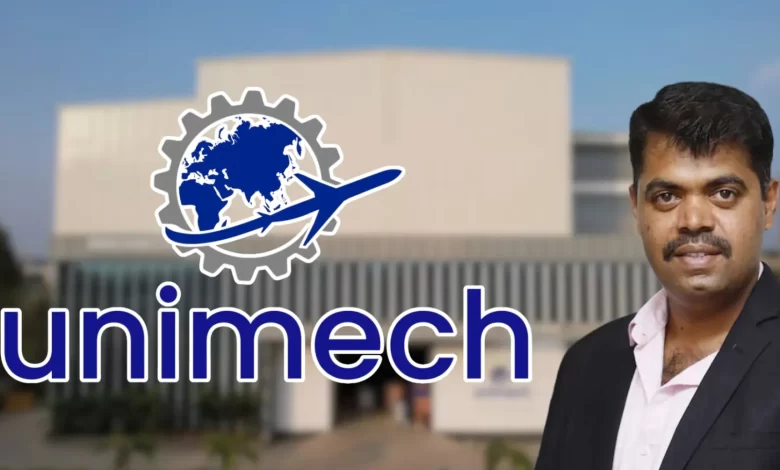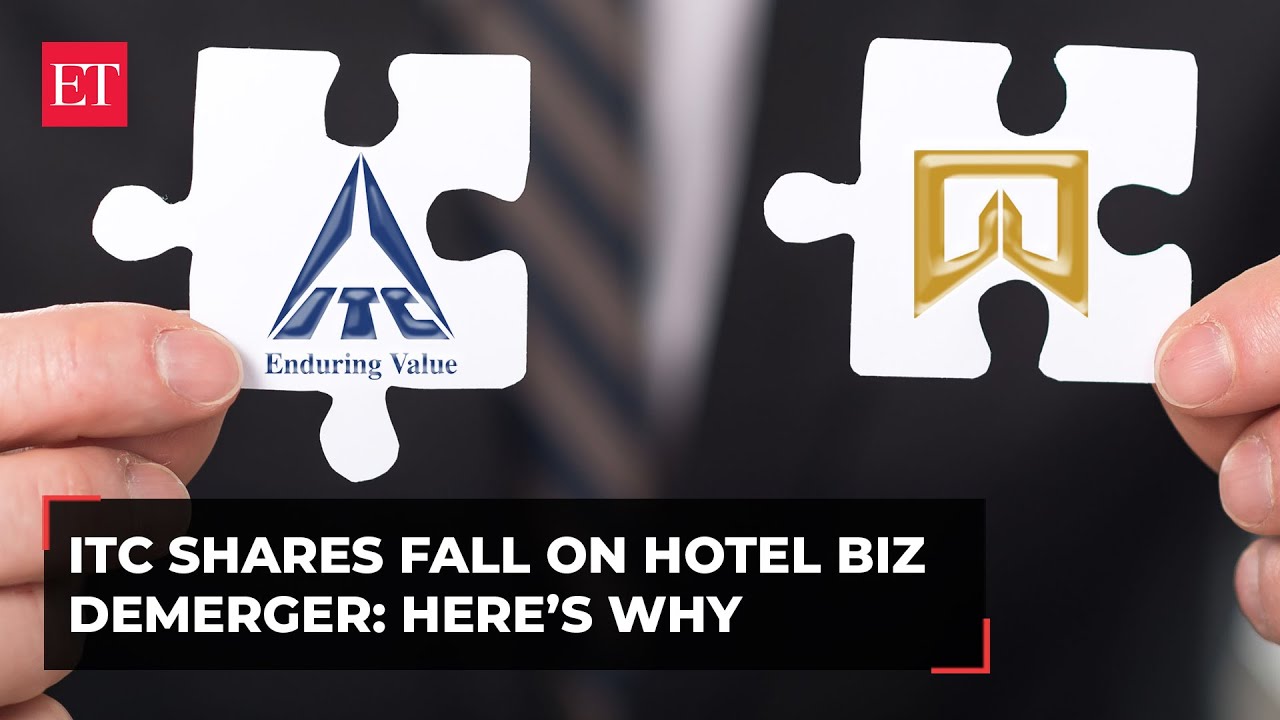


The Securities and Exchange Board of India's recent rule mandating uniform charges for market infrastructure institutions may affect the revenue streams of brokerage firms, potentially forcing them to reconsider their zero-brokerage structure or increase fees for F&O trades. Reacting to the circular which was released after the market close on Monday, shares of broking firms such as Angel One, Geojit Financial Services, Emkay Global, Motilal Oswal Financial Services, and IIFL Securities saw significant declines on Tuesday. With exchanges charging transaction fees based on brokers' overall turnover and the difference between this fee and what brokers charge customers being a rebate, the new rules could lead to changes in the pricing structure of brokerage firms.
Zerodha and Discount Brokerage: Navigating Regulatory Changes
Amidst the evolving regulatory landscape in India, the Securities and Exchange Board of India (SEBI) has implemented a new rule mandating uniform charges for market infrastructure institutions (MIIs). This move has sent ripples through the brokerage industry, with potential implications for revenue streams and the zero-brokerage model popularized by platforms like Zerodha.
Background: The Zero-Brokerage Model
In 2010, Zerodha disrupted the brokerage industry by introducing a flat-fee pricing structure that eliminated brokerage commissions on equity and intraday trades. This model quickly gained popularity, attracting a large number of retail investors to the platform. By leveraging technology and economies of scale, Zerodha was able to offer low-cost trading while still maintaining profitability.
SEBI's New Rule and Its Impact
SEBI's recent circular requires MIIs, including stock exchanges, depositories, and clearing corporations, to charge uniform fees based on brokers' overall turnover. This change aims to bring greater transparency and uniformity to the pricing of market infrastructure services.
For brokerage firms like Zerodha, the new rule could potentially reduce their revenue streams. Currently, the difference between the fees charged by MIIs and what brokers charge their customers is considered a rebate. With uniform fees, this rebate structure could be affected.
Potential Consequences
The SEBI rule has raised concerns among brokerage firms about the viability of the zero-brokerage model. Some analysts believe that brokers may be forced to reconsider their current pricing structures or increase fees for F&O (futures and options) trades.
Top 5 FAQs
1. How will SEBI's new rule affect Zerodha?
Zerodha may need to adjust its pricing structure or revenue model to comply with the new rule.
2. Will Zerodha discontinue the zero-brokerage model?
Zerodha has not officially announced any changes to its zero-brokerage model at this time.
3. What impact will the new rule have on other brokerage firms?
Other brokerage firms may also need to adjust their pricing structures and revenue models.
4. What are the potential consequences for retail investors?
The new rule could lead to higher trading fees for retail investors, especially those who rely on zero-brokerage platforms like Zerodha.
5. What other regulatory changes have affected the brokerage industry in India?
In recent years, SEBI has implemented several other regulatory changes, such as:

Unimech Aerospace, a leading manufacturing company that specializes in complex tools and engineering solutions, made its much-awaited debut in the stock market on Tuesday. With its shares trading at a premium of almost 90 per cent against the issue price, the firm's market entry was met with overwhelming response and investor interest. Despite a slight dip in the share's gains, Unimech Aerospace's maiden issue has been declared a huge success, with its IPO being oversubscribed 175.31 times. The funds raised from the IPO are slated to be utilized towards expanding the firm's production facilities and meeting its working capital needs.

On January 6, 2025, ITC announced the effective date for the demerger of its hotels business, with the shares of ITC Ltd turning ex-date for this demerger. Eligible shareholders will be allotted one ITC Hotels share for every 10 ITC shares held, with the demerger ratio set at 1:10. The ITC Hotels share price is expected to be adjusted by Rs. 22-25, taking into account a 20% holding discount and a 40% stake in the hotel business. Nuvama predicts that the initial market price for ITC Hotels shares will range between Rs. 150-175. After its initial listing, ITC Hotels will be included in Nifty50 and Sensex indices, but will then be removed at its last traded price three days after listing.

Barcelona can breathe a sigh of relief as they have found a solution to their registration problem for Dani Olmo and Pau Victor. The club's president, Joan Laporta, has been successful in securing a €100 million deal with Arab enterprises to operate the VIP boxes at the new Spotify Camp Nou. This agreement not only allows for the registration of the two players but also ensures that the club can confidently participate in the transfer market.

Adani Enterprises (AEL), one of India's largest conglomerates, is set to sell its almost 44% shareholding in Adani Wilmar Ltd. (AWL) to Wilmar International in a $2 billion transaction. This move is aimed at fulfilling public shareholding standards and using the profits to expand its main infrastructure platforms, such as energy, utilities, transportation, and logistics. The sale will also see AEL's nominee directors resigning from the AWL board and a change in the company's name. This comes just after AEL and its chairman Gautam Adani were indicted in the United States on bribery and fraud charges.

The Indian Railway Catering and Tourism Corporation's ticket site experienced a technological glitch for the third time in a month, causing inconvenience to passengers. The outage occurred during the peak Tatkal booking period, leaving many users unable to access the site's services. Social media was flooded with complaints from frustrated customers, highlighting the need for better technology and management by IRCTC.

The automotive aftermarket industry in North America may see groundbreaking solutions from the newly unveiled Innovation Hub in Hyderabad by Advance Auto Parts India. With top executives present at the inauguration event, the hub promises to be more than just a collaborative workspace. The 65,000 sq. ft. facility, which also marks the company's official entry into the Indian market, aims to drive innovations in supply chain optimization, pricing, operations, and customer engagement. Coders, be ready for MLDS 2025 - India's biggest developer conference, exploring advancements like AlphaFolds. Book your seats now!

Aditya Vision Ltd, a trading company incorporated in 1999, is making waves in the market with its registered office in Patna. The company is led by Yashovardhan Sinha as the Chairman and Akanksha Arya as the Company Secretary. With its data sourced from reputed partners and disclaimer encouraging caution and independent judgment, Aditya Vision Ltd is quickly gaining recognition in the business world. Reprint rights held by Syndications Today for Business Today.

Billionaire Gautam Adani's group announced its exit from FMCG joint venture Adani Wilmar by selling its entire 43.94% stake to the Singaporean partner Wilmar International and in the open market. The estimated $2 billion deal is the first major move since the US bribery indictment. Adani's stake will be sold for Rs 12,314 crore to Wilmar and an additional 13% will be sold through OFS to meet minimum public shareholding requirements. This move allows Adani to focus on turbocharging their growth in core infrastructure businesses.

The Bangladesh Telecommunication Regulatory Commission (BTRC) is preparing to conduct an audit of state-owned mobile network operator, Teletalk, in an effort to hold the company accountable for financial liabilities. Teletalk, which owes the telecom regulatory around Tk 1,849 crore in unpaid fees, will face scrutiny over operational challenges and revenue sharing. The BTRC has recently approved the terms of reference, scope of service, and request for proposal for the audit, in compliance with government regulations.

The highly anticipated Kia Xceed SUV has finally been revealed to have an ex-showroom price of Rs. 20.00 lakh in India. The car, expected to be launched soon, has already generated much excitement among car enthusiasts. Choose your city and stay updated with all the latest news and updates on this upcoming launch.